Blog
Building Community and Consensus: The Pedagogical Power of Common Meetings in Education
22.07.22 | By DNS student
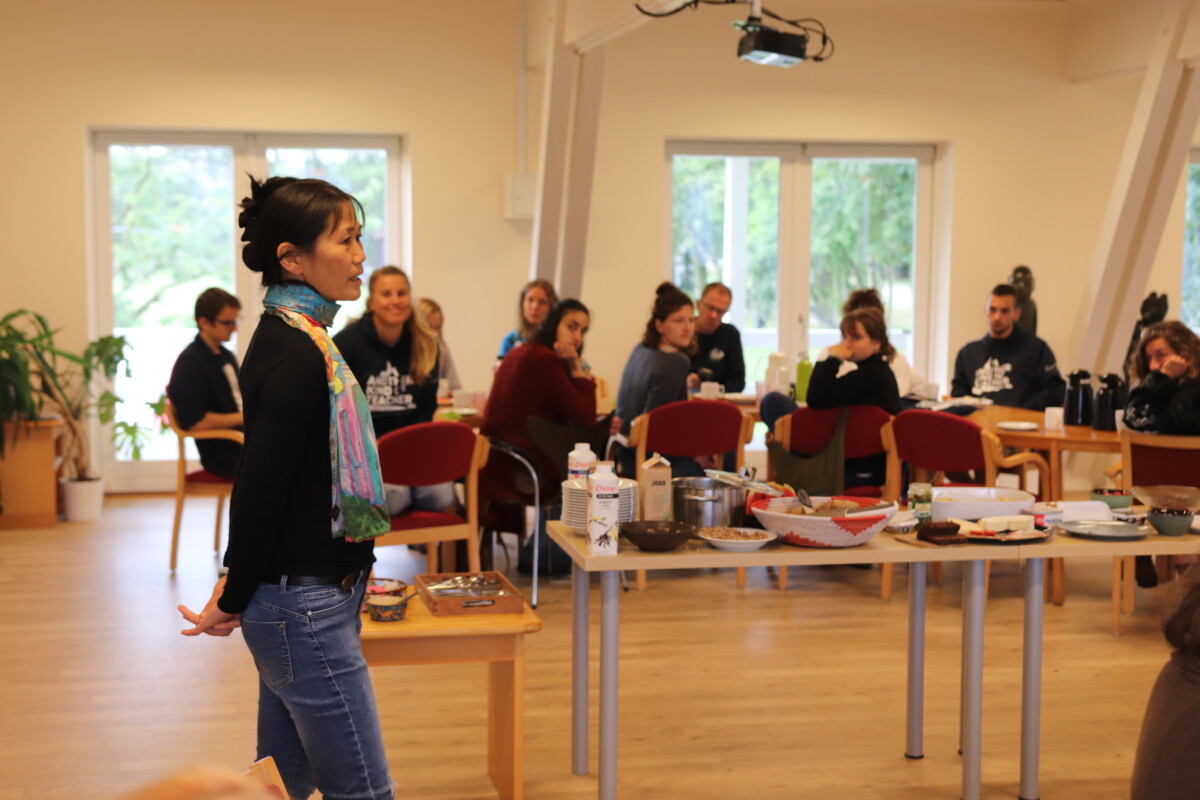



What is a common meeting?
A common meeting is a weekly gathering where teachers and students come together to discuss and decide on school matters. Through open discussion and consensus, they determine priorities, assign tasks, and solve issues collaboratively
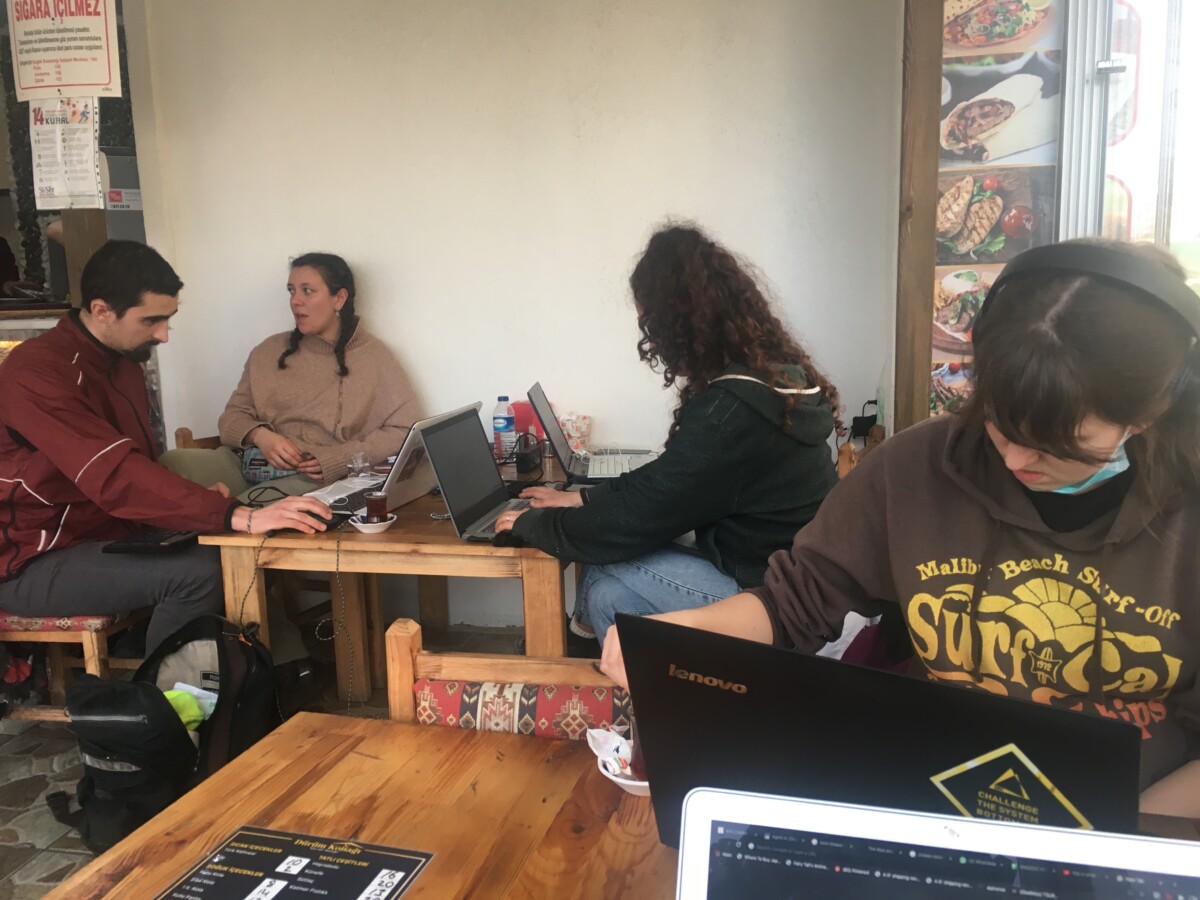
What does it mean to “reach consensus”?
Consensus is a way of making decisions where everyone in the group works together to find an agreement that everyone can support, or at least accept. Instead of voting and going with the majority, consensus makes sure everyone’s ideas are heard and considered. It’s a team-oriented approach that brings out different viewpoints and helps people find common ground. This can be a great way to decide things because it builds trust, gives everyone a stake in the outcome, and often leads to decisions that last because they’re supported by the whole group.
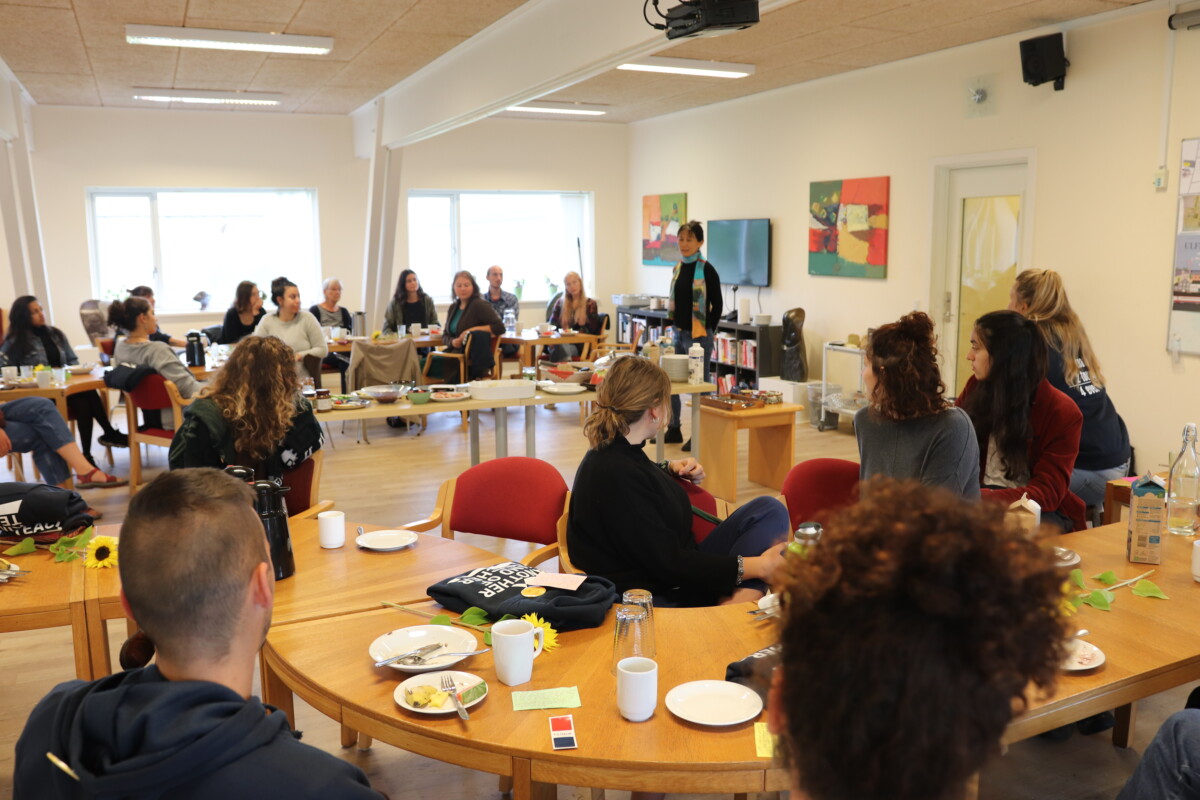
So, what is a Common Meeting like? Here’s an example!
As mentioned, in a Common Meeting, students and teachers come together to discuss important school matters and work toward shared goals. Normally held in person, this meeting was done online and organized in three stages: an introduction, group work sessions, and a final wrap-up.
The meeting started with general updates from the headmaster on campus activities, along with quick discussions on upcoming events, like graduation and a “Family Day”. After that, we split into smaller groups to focus on specific tasks, including finding alternative income sources, exploring ways to make studies more accessible, and discussing electricity-saving measures.
After 45 minutes, everyone got back to share what they’d worked on. One group recommended setting up a study council to provide academic support, while others proposed ideas for earning extra income, like side jobs and community events, and talked about ways to strengthen team connections. To wrap up, we reflected on how the meeting went and discussed improvements for future sessions. The meeting ended with everyone waving goodbye — overall, this meeting brought progress on both short- and long-term goals for the school.
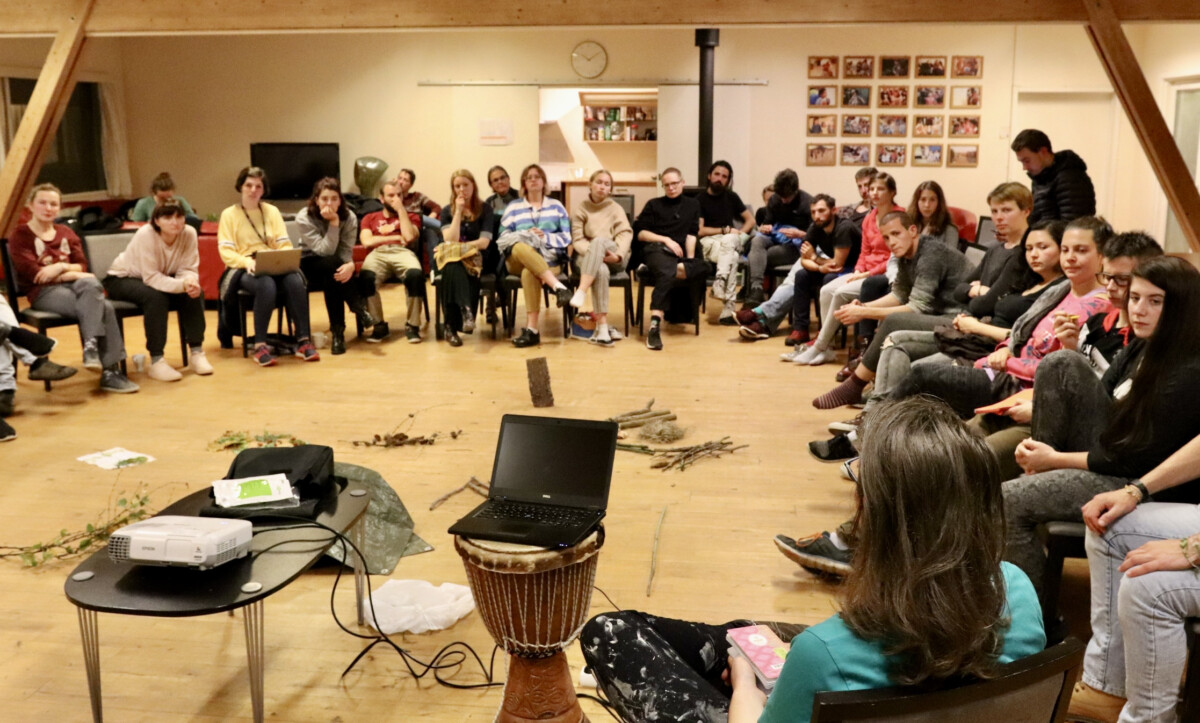
Why are Common Meetings so important to us?
The pedagogical value of Common Meetings.
Common Meetings, in a way, are a valuable pedagogical tool, especially in an educational environment like DNS Tvind that prioritizes collaborative learning, community responsibility, and democratic decision-making. For future teachers, participating in Common Meetings offers valuable firsthand experience in inclusive, consensus-based decision-making processes. In these meetings, students and teachers engage as equals, discussing school-related issues, setting priorities, and finding solutions. This experience builds essential skills in facilitation, active listening, negotiation, and conflict resolution—all of which are crucial for effective teaching.
Learning to reach decisions by consensus also encourages students and future teachers alike to recognize the value of diverse perspectives and the importance of considering others’ viewpoints. This model empowers participants to feel a greater sense of ownership and responsibility over group decisions and nurtures a respectful, inclusive atmosphere. This also encourages future teachers to think beyond traditional hierarchies, fostering a sense of shared purpose with their students.
How will we, as future teachers, use Common Meetings in our work?
An example of how Common Meetings could be adapted for a different context, like a primary school, could be to hold weekly class meetings where students discuss topics relevant to their classroom community. In this setting, us teacher could guide students in discussing classroom rules, setting goals, or planning events. For instance, if the class needs to decide how to use their project time, the teacher could introduce a consensus model, where each student has a chance to share their ideas. With guidance, students would learn to weigh the pros and cons of each suggestion and work toward an agreement that everyone supports.
By introducing consensus and Common Meetings in a primary school setting, even young children can develop skills in communication, compromise, and collective problem-solving. This not only enhances social-emotional learning but also fosters a sense of belonging and accountability. As they move forward in their educational journeys, students who are accustomed to this model will likely be more confident, collaborative, and invested in their learning community.
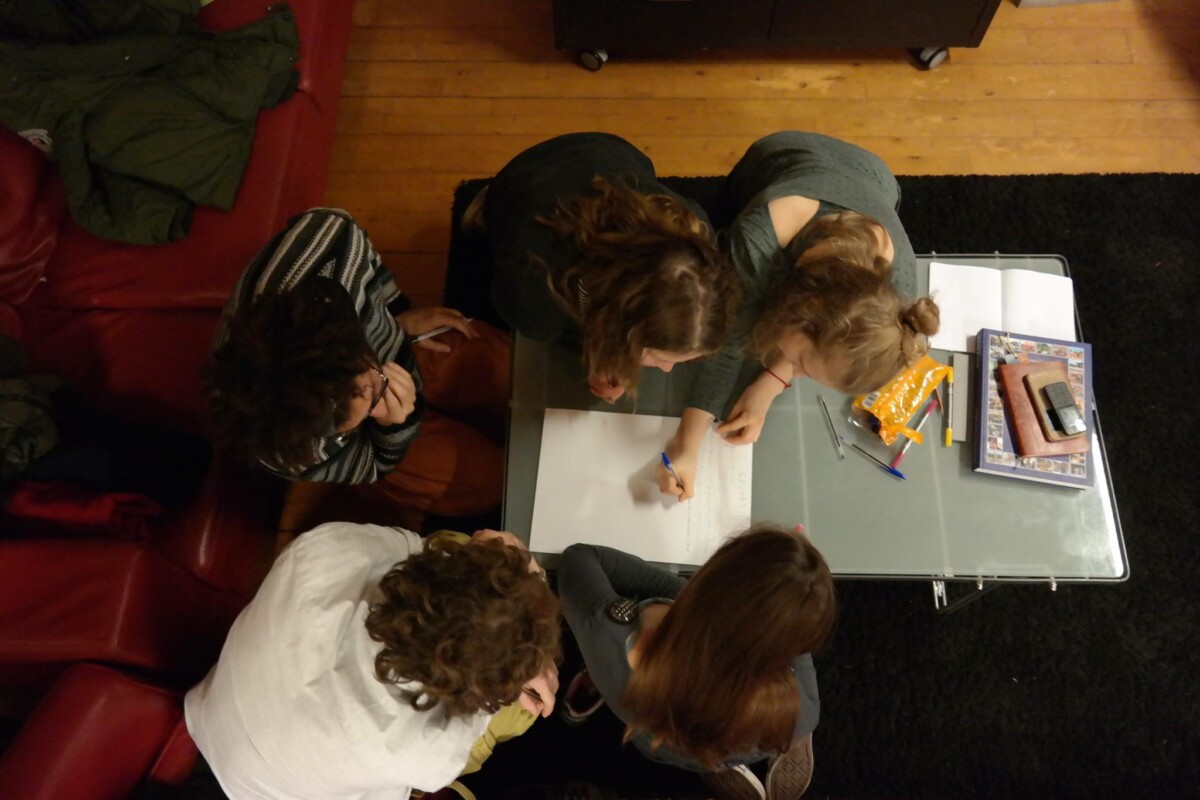
Common Meetings in a nutshell
In short, the experience of Common Meetings deepens the understanding of how to cultivate a respectful and engaged classroom culture, one in which all voices are valued and students learn to navigate complex group dynamics thoughtfully.
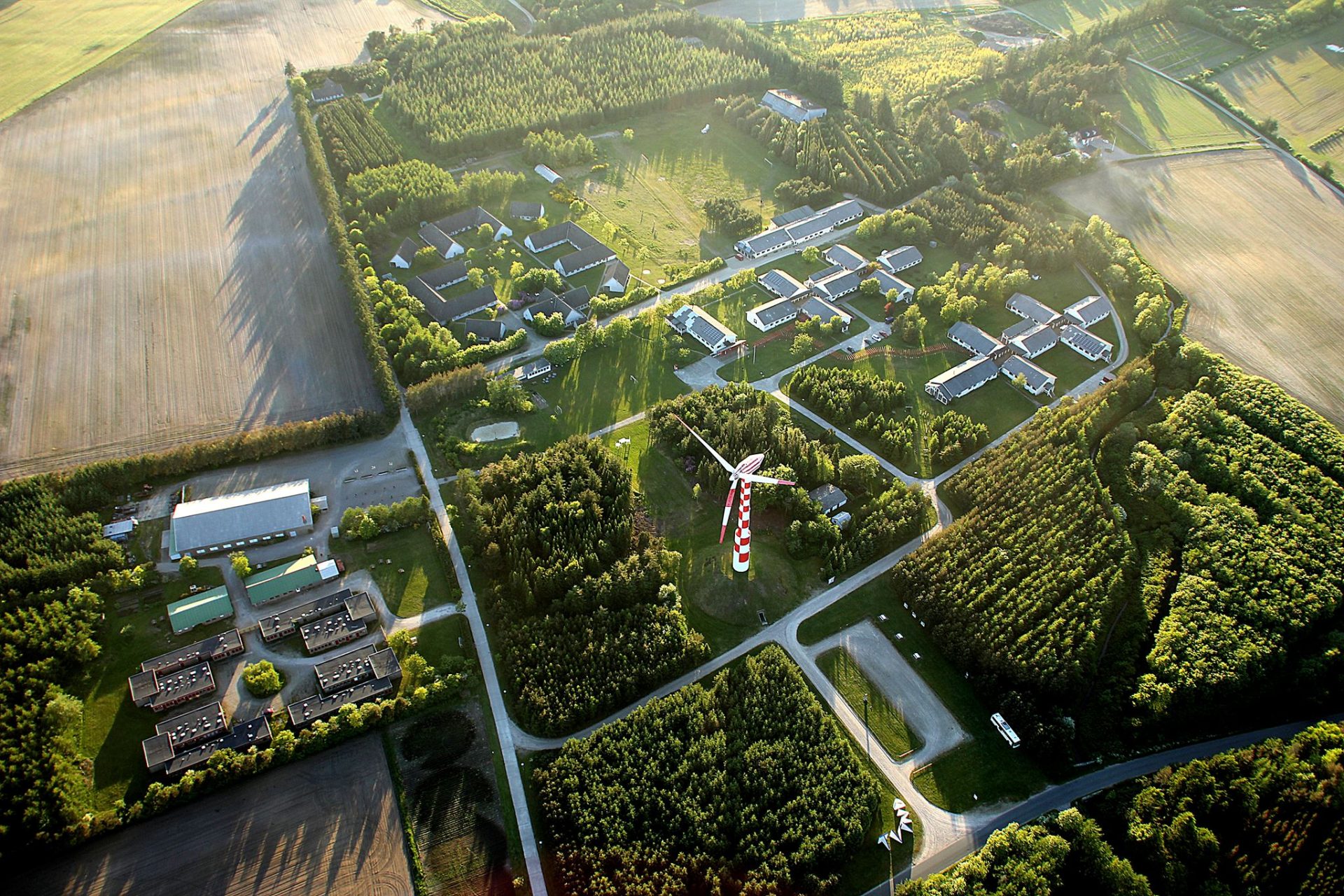
Our community
Tvind is our international community based in Denmark. It serves as a base for different educational institutions – care homes and schools – lumped together by a strong tradition of being untraditional. DNS, our Bachelor course in alternative education, is an integral part and driving force of the community.
Looking outwards
Our learning community is based on values such as togetherness and inclusivity. Not only that – we believe that it is our duty to react to the changes and dynamics of the world around us, and to act on the present reality.
Sustainability
Although far from perfect – in Tvind we do put an effort into caring for our environment. Our historical windmill and our school garden go hand in hand with our commitment to educating ourselves about the Climate Crisis and its interconnectedness with other global issues.
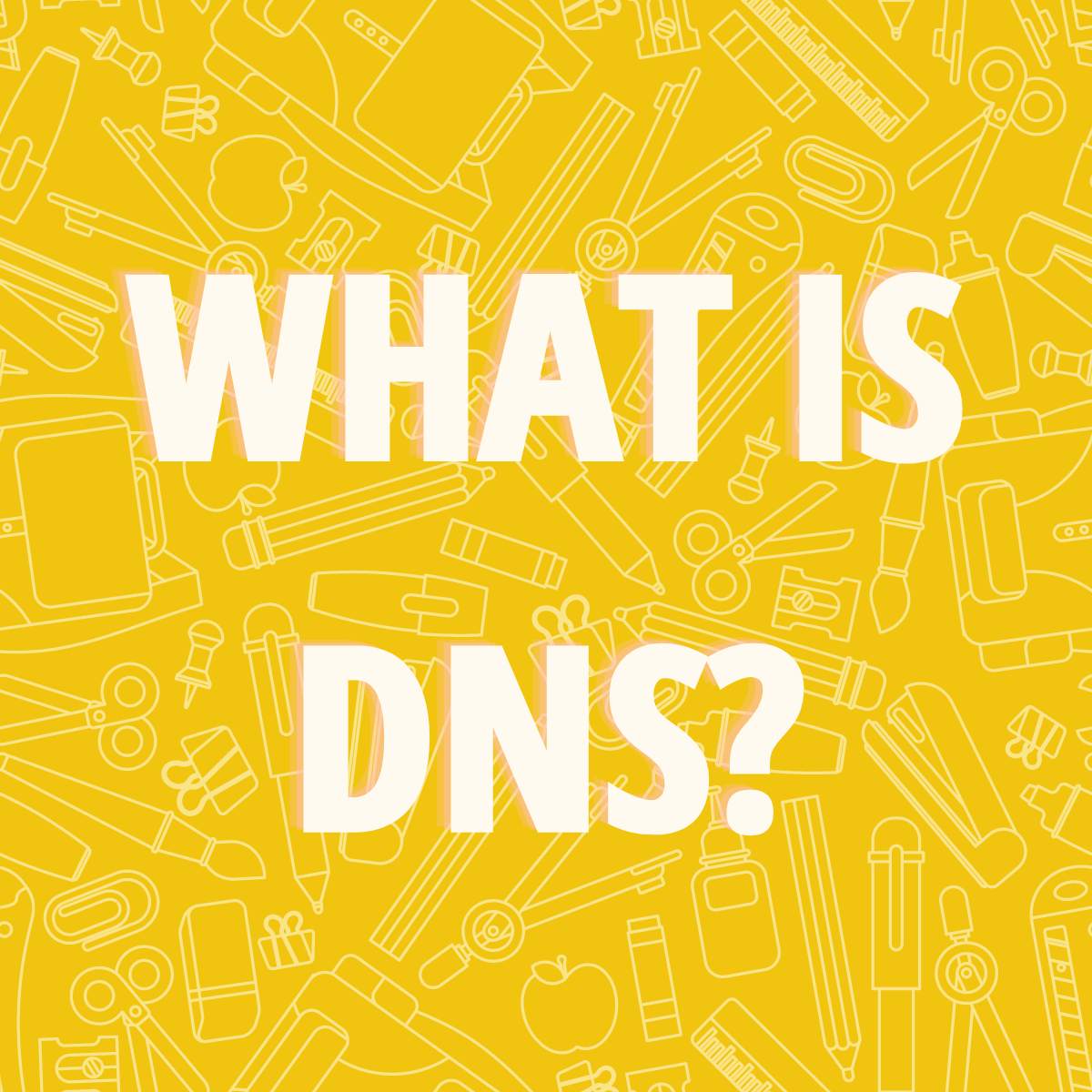
What is DNS?
“The Necessary Teacher Training College” is an alternative higher education aiming to train progressive personalities who are able to understand and respond to the many challenges of our times.
Based in Denmark, our 4-year Bachelor Programme aims to enable its students to become global citizens and proficient educators.
Since DNS was established in 1972, over 1.000 graduates have played an important role in bringing equitable quality education to children and youth, as well as in all sorts of other projects and development programmes worldwide.

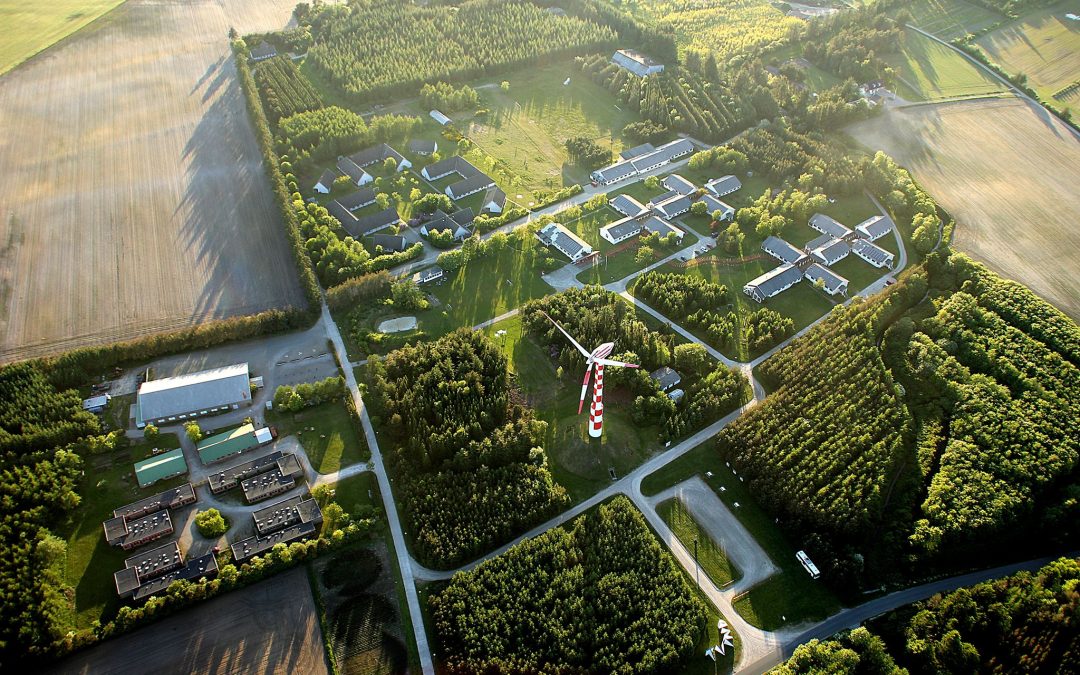
A message from the Teachers Council
Dear Friends, Amid this global pandemic, while our college has been affected in different ways (we will mention below), we are healthy and our students and teachers are doing well. While this virus affects us, it is important to realize, that many live in such...
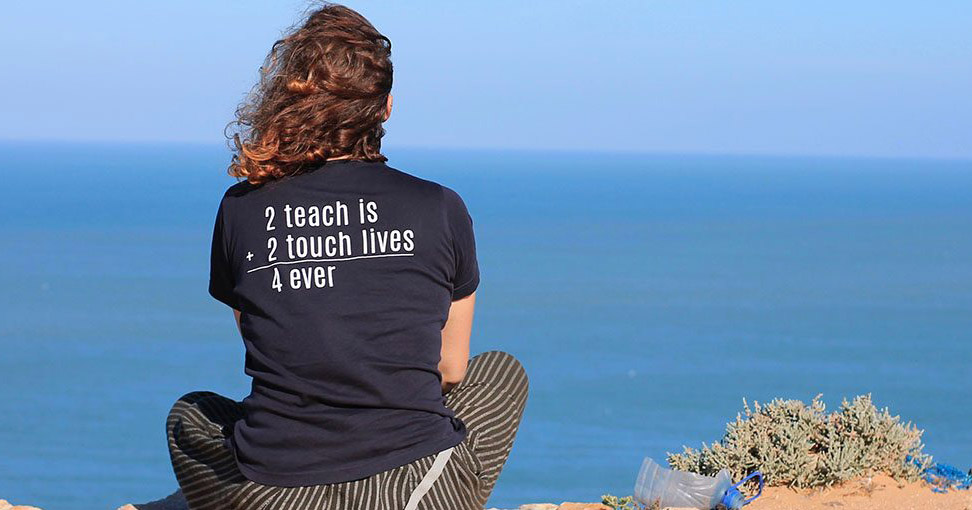
Community Frames
To ensure the best possible conditions for the programme, the teachers’ council has set frames, including our “no drugs, no alcohol” policy.
Let’s start a discussion!
Did you like this article? Let us know what you think in a comment!
“The experience of Common Meetings deepens the understanding of how to cultivate a respectful and engaged classroom culture, one in which all voices are valued.”

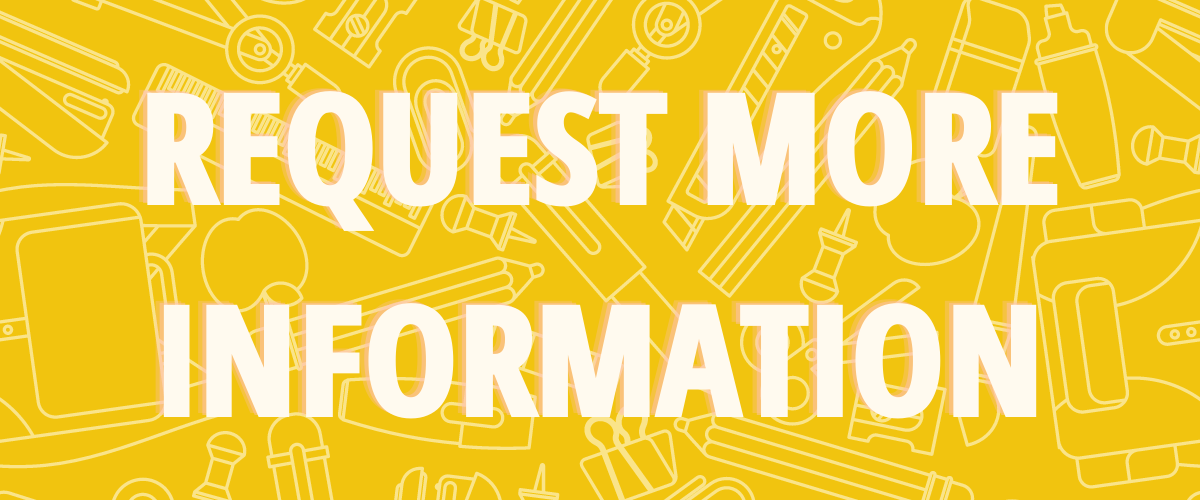

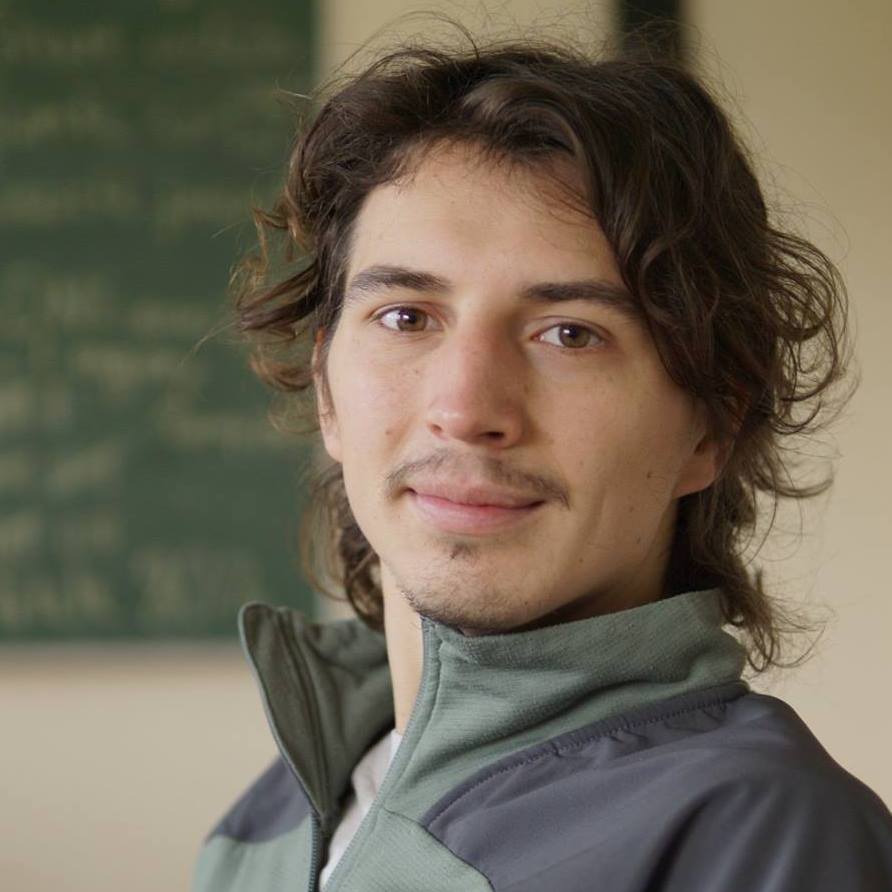
0 Comments